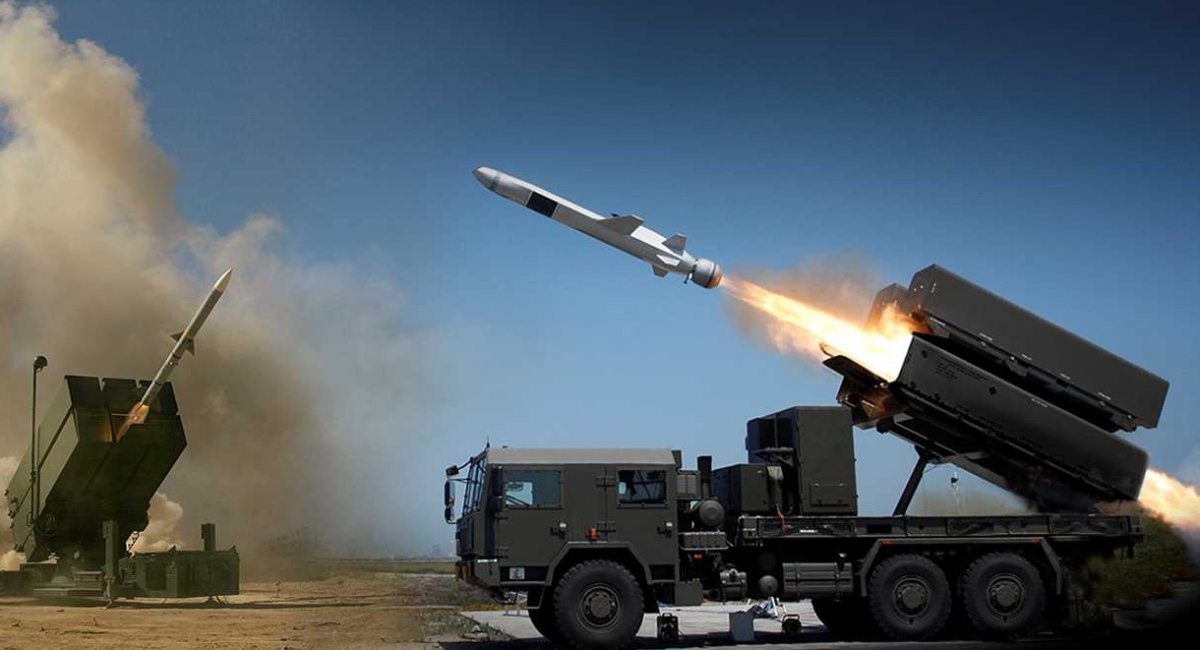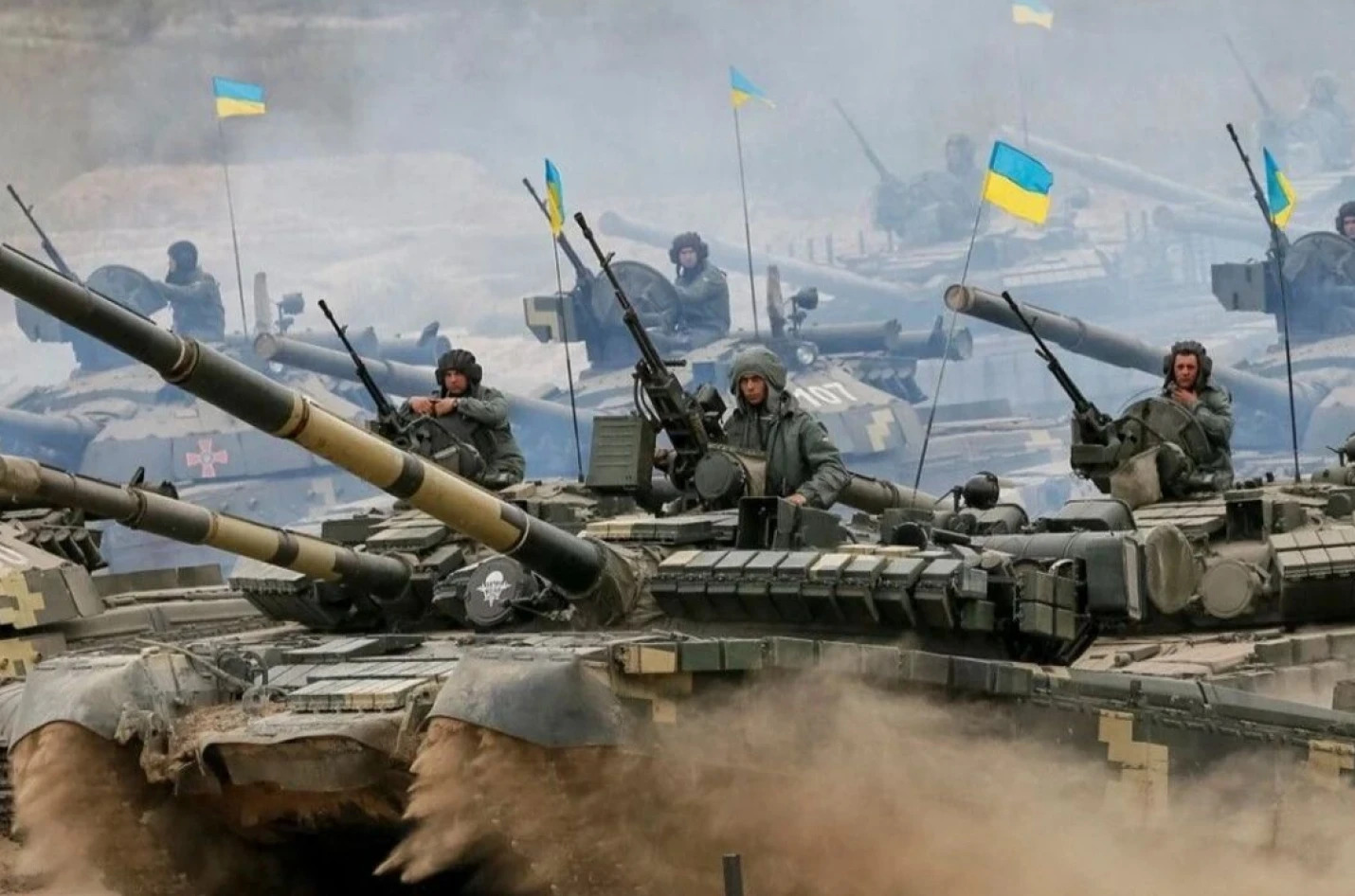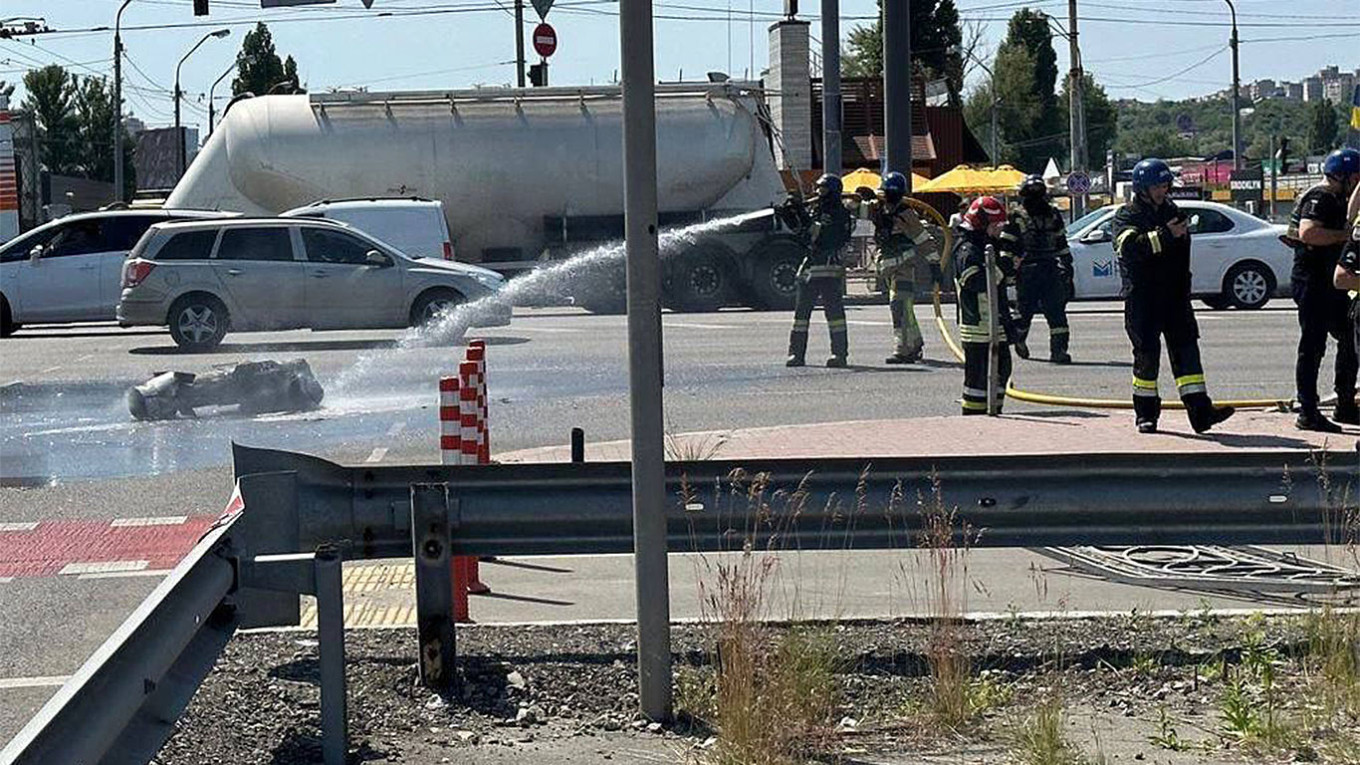Introduction:
The capital city of Ukraine, Kyiv, is under a relentless series of assaults, with sirens of air raids and detonations becoming a commonplace nighttime event. Despite these daunting circumstances, the city’s defense mechanisms, including the Patriot defense systems supplied by the U.S., have proven extraordinarily efficient, intercepting most of the Russian drones and missiles. However, an unexpected increase in the intensity of attacks, including an unusual daytime assault, has shocked many. This piece offers a comprehensive examination of the recent events in Kyiv and their potential impact on the ongoing clash between Ukraine and Russia.
Nighttime Incursions and Air Defense Systems:

Early Monday morning witnessed the 15th assault on Kyiv for the month as confirmed by city authorities. The Ukrainian air defenses were quick to react, successfully annihilating 67 “airborne threats” launched during the night. Ukraine’s Armed Forces commander, General Valerii Zaluzhnyi, reported the interception of 37 cruise missiles, 29 Shahed drones, and one surveillance drone. Despite the majority of the enemy targets being neutralized, some structures endured damage, highlighting the intensity of these assaults.
Daylight Strike on Kyiv:
The sudden daylight assault on Kyiv left many astounded. Serhii Popko, who leads Kyiv city’s military administration, showed apprehension over the change in strategy, observing that the attackers targeted the tranquil city during office hours when most inhabitants were outdoors. Even though only a single individual was hospitalized, the event prompts inquiries about the aggressors’ evolving tactics.
Belarus’ Involvement and Nuclear Weaponry:

President Alexander Lukashenko of Belarus, a close ally of Russia, has provoked controversy by suggesting the supply of nuclear weapons to countries willing to join the Union State of Russia and Belarus. Lukashenko’s statements follow his earlier insinuation about the initiation of nuclear weapons transfer from Moscow to Minsk. These declarations intensify regional tension and stress the necessity for alertness regarding the conflict’s potential intensification.
Possible Ukrainian Counter-Strike:

Ukrainian military officials suggest that a counter-strike against Russian forces may be forthcoming. The commander of the Ukrainian Ground Forces, Oleksandr Syrskyi, spoke to troops near the eastern city of Lyman, implying that the time for offensive actions was approaching. These comments correspond with General Valerii Zaluzhnyi’s earlier indications about Ukraine’s readiness for a counterattack.
The Role of Iran:
Ukraine has seen an increase in Russian attacks using Iranian Shahed drones. Mykhailo Podolyak, a senior adviser to the Ukrainian President Volodymyr Zelensky, expressed concern over Iran’s partnership with Moscow in the conflict. Podolyak warned Iran of potential repercussions, invoking the “boomerang effect” and indicating that the drones may eventually return to their source.
Blasts in Southern Cities:
The southern cities of Berdiansk and Mariupol, currently under Russian control, have experienced a spate of blasts. Ukrainian officials disclosed these incidents, and the Mariupol City Council, currently in exile, reported a rising frequency of attacks on the city. These happenings add to the existing turmoil in the region and increase worries about Ukraine’s overall territorial stability.
Sporting Event Tensions:
The conflict’s effects have extended beyond the battleground, affecting international sports competitions. Ukrainian tennis player Marta Kostyuk refused to acknowledge her Belarusian opponent Aryna Sabalenka with a handshake at their French Open match. Citing the ongoing conflict in her homeland, Kostyuk, a Kyiv native, demonstrated the profound emotional toll the conflict has exacted on Ukrainians.
Conclusion:
As the onslaught on Kyiv persists, the situation in Ukraine intensifies, presenting immense challenges for the Ukrainian administration and the global community. The city’s robust defense systems and the prospective Ukrainian counterattack provide a beacon of hope amidst the turmoil. However, the adversaries’ shifting strategies and the participation of external actors like Belarus and Iran add an extra layer of complexity to an already fraught situation. The fate of Kyiv, a symbol of the broader battle for Ukrainian sovereignty and stability, hangs in the balance as the world looks on.
©world-news.biz
